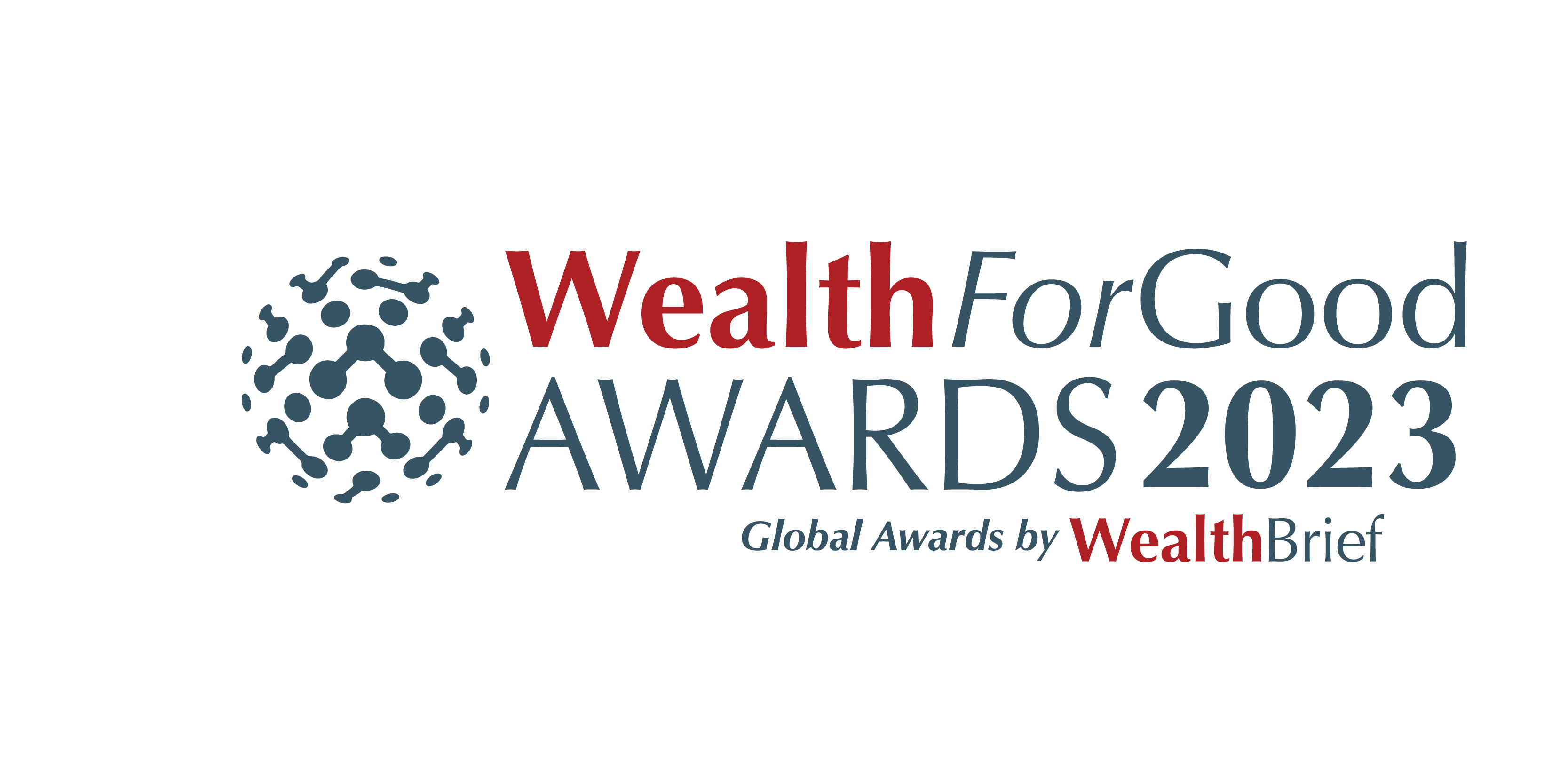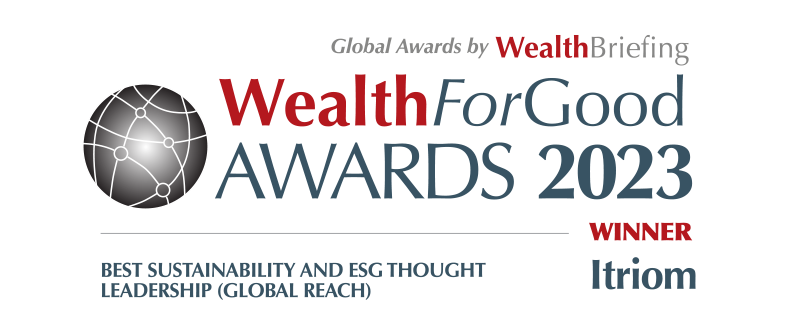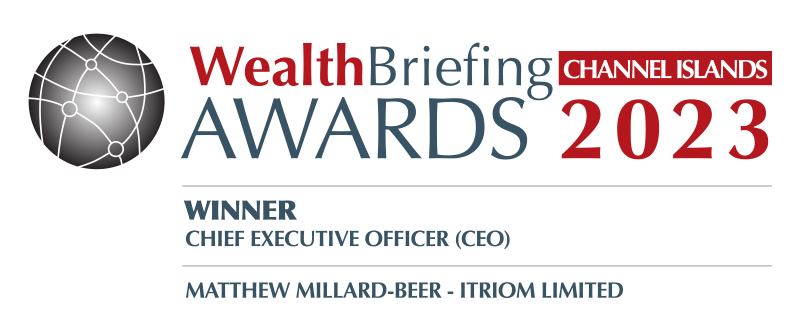
ESG Analyst
In an era marked by fragmentation and uncertainty, business leaders are doubling down on resilience as a strategic imperative. For the past thirty years, globalisation was synonymous with unlocking specialisation, expanding markets, and fostering multinational corporations.
However, the traditional paradigm of globalisation is facing unprecedented challenges exacerbated by geopolitical conflicts and persistent economic uncertainty. The world appears tethered to perpetual crisis or the looming threat of it. McKinsey asserts that organisations must strategically invest in capabilities, people, processes, structures, and technology to navigate the risks emanating from an evolving and intricate geopolitical landscape. To this end, they have outlined six key dimensions that can fortify companies in their pursuit of geopolitical resilience.
Organisations need to adopt a serious, systematic, and senior-driven approach to political risk management. This starts with the board, which should cultivate an understanding of geopolitical developments relevant to the organisation. They should allocate dedicated time for discussions on relevant topics and identify priority geopolitical risks using a tiered approach. Regular global market scans and proactive risk-mitigation measures are also crucial.
Building repetitional resilience begins with striving for internal alignment around operations in geopolitically sensitive markets. A coherent values-driven narrative is essential, acknowledging that the story told in one market can have global implications. Organisations should define their stance on individual situations through market-specific assessments, or “compacts”, which integrate corporate strategy and risk management.
External geopolitical pressures are increasingly leading to internal pressures. Discussions around nationality, cultural relativism, and organisational identity are becoming more significant. Inclusive governance structures reflecting diverse geographic viewpoints and nationalities are essential. Open dialogues and a common sense of purpose should be fostered to maintain global cohesion amid powerful centrifugal forces.
Organisations must prioritise protecting and pivoting supply chains. Measures include creating a nerve centre for the supply chain, simulating, and planning for extreme disruptions, and revaluating just-in-time strategies. Diversification and redundancy in supply chains should factor in political risks. Additionally, ensuring the physical security of personnel, early-warning systems, and extraction plans are essential components.
Maintaining global networks amid geopolitical fragmentation is a strategic challenge. Navigating the “splinternet” requires balancing segmented networks with consistent cross-connectivity. Compliance with data localisation requirements and effective compartmentalisation of data is crucial, as is resilience against diverse crises, including cyberattacks, which necessitates a swift response and deployment of technological solutions
Managing the intersection of geopolitical risk and financial resilience involves careful consideration of foreign exchange risks, evolving sanctions risks, and regulatory challenges. Organisations must prepare for potential constraints related to currency devaluation and fund movement. With global sanctions and regulatory risks evolving rapidly, understanding shifting regimes and cultivating a culture of compliance are critical.
In today’s complex world, being ready for geopolitical challenges is crucial. McKinsey’s six-dimensional framework gives organisations a clear guide to not just survive but thrive in tough times. From strengthening business strategies to protecting reputations and fostering teamwork, each dimension plays a vital role. It’s also vital to stay financially prepared for changing situations. By doing so, this approach ensures that companies are not just adaptable, but also well-prepared to tackle any obstacle that comes their way, making them strong players on the global stage.
Georgina Murrin is a ESG Analyst in Itriom’s London Office.
Itriom is the global impact platform helping leading families shape a better world. Itriom’s platform enables families to refresh and redesign their values, aligns them with the right UN Sustainable Development Goals, combining them in an agreed purpose and a Family Impact Charter. Itriom’s platform supports the development of impact initiatives and whilst providing discrete and secure spaces for peer-to-peer messaging and collaboration. Itriom’s core practices in Leadership, Geostrategy, and Sustainability benefit clients by developing strategies to engage and support the Next Generation in building a lasting legacy of which families can be proud.
itriom.com
enquiries@itriom.com
T: +44 (0)203 198 2277
© 2024 Itriom Limited. All rights reserved. Republication or redistribution of Itriom’s content, including by framing or similar means, is prohibited without the prior written consent of Itriom Limited. This material is provided for informational purposes only.




© 2024 Itriom Limited. Company Registration Number 134815 Jersey Financial Services Commission. Registered Office 9 Bond Street, St Helier, Jersey, JE2 3NP
ESG Consultant
Alizah is an ESG Consultant and researcher. She supports Itriom developing sustainability related products and services, helping our clients identify potential opportunities for creating positive environmental, social and sustainable impact.
ESG Analyst
Georgie is an ESG Analyst and researcher. She researches trends, develops insights and reports, and writes insight articles on sustainability and ESG related topics to ensure Itriom’s clients are up to date on the latest policy, progress and initiatives to inform the platform and help our clients maximise their positive impact.
Senior Partner
Practice Leader – Leadership & Resilience
Renowned family office thought leader, Tim works with UHNW families to ensure they are fully equipped to deliver their legacies inter-generationally and effectively.
Associate Partner
Practice Leader – Sustainability
Dr. Herb creates methodologies and frameworks for managing, measuring and assessing sustainability performance. His work identifies where maximum impact can be made.
Senior Partner
Practice Leader – Geostrategy
Simon harnesses research, liaison and networks globally to identify opportunities for Itriom, building the knowledge needed to deliver intergeneration legacies for UHNW families.
Managing Partner
Practice Leader – Strategy